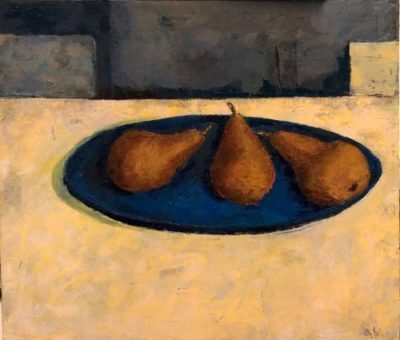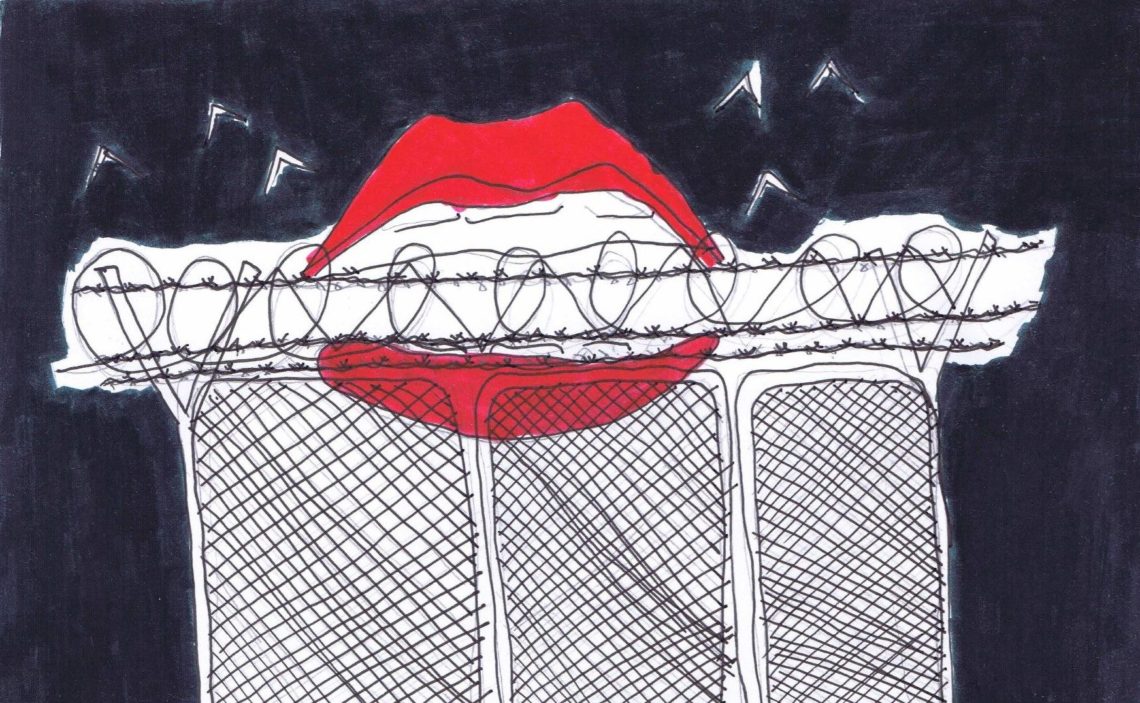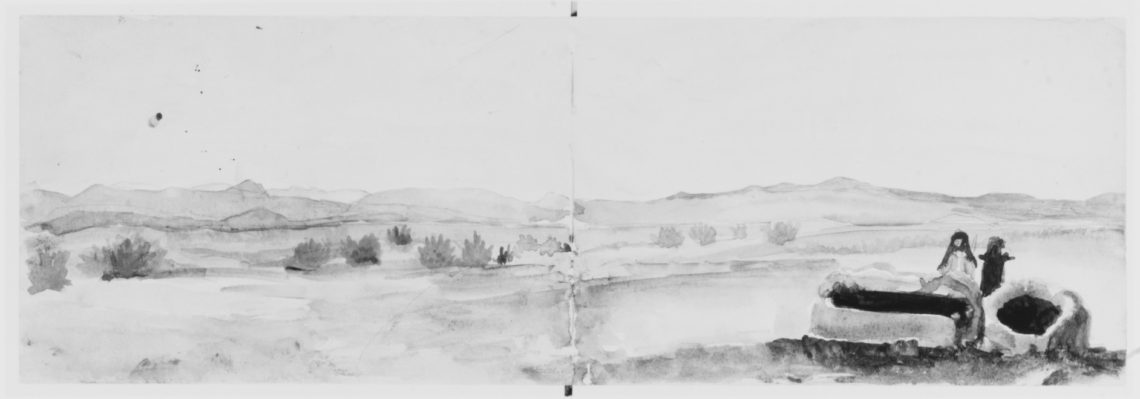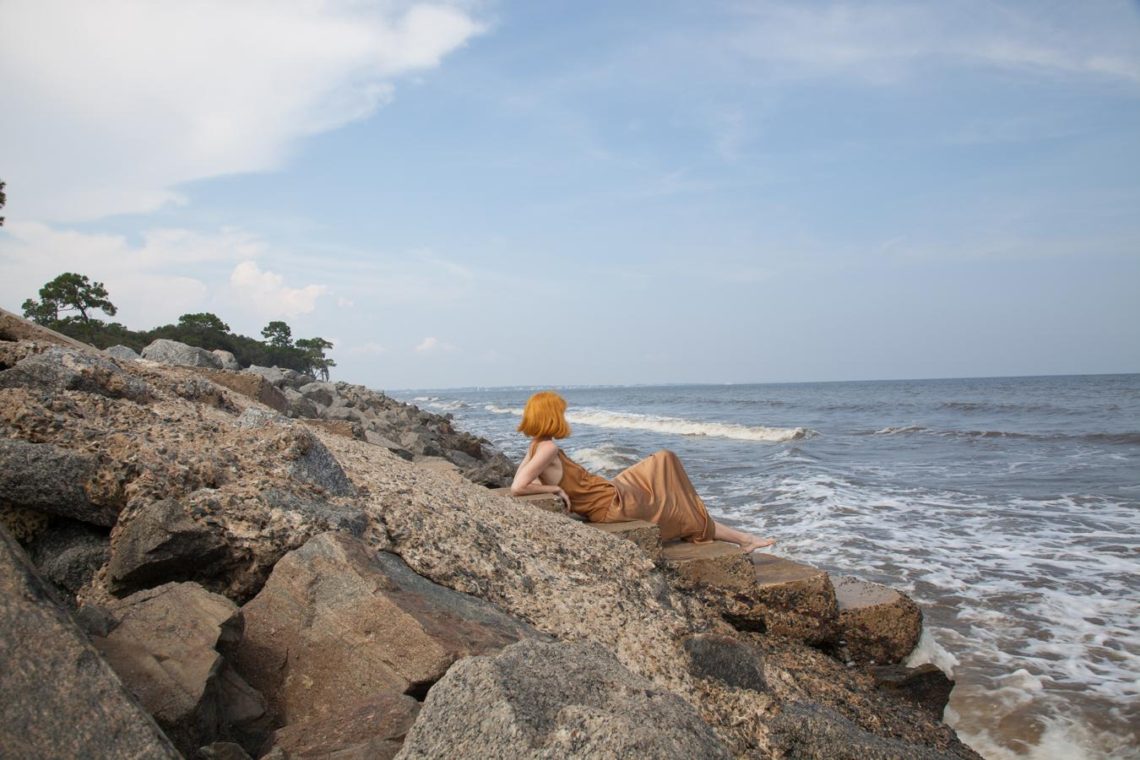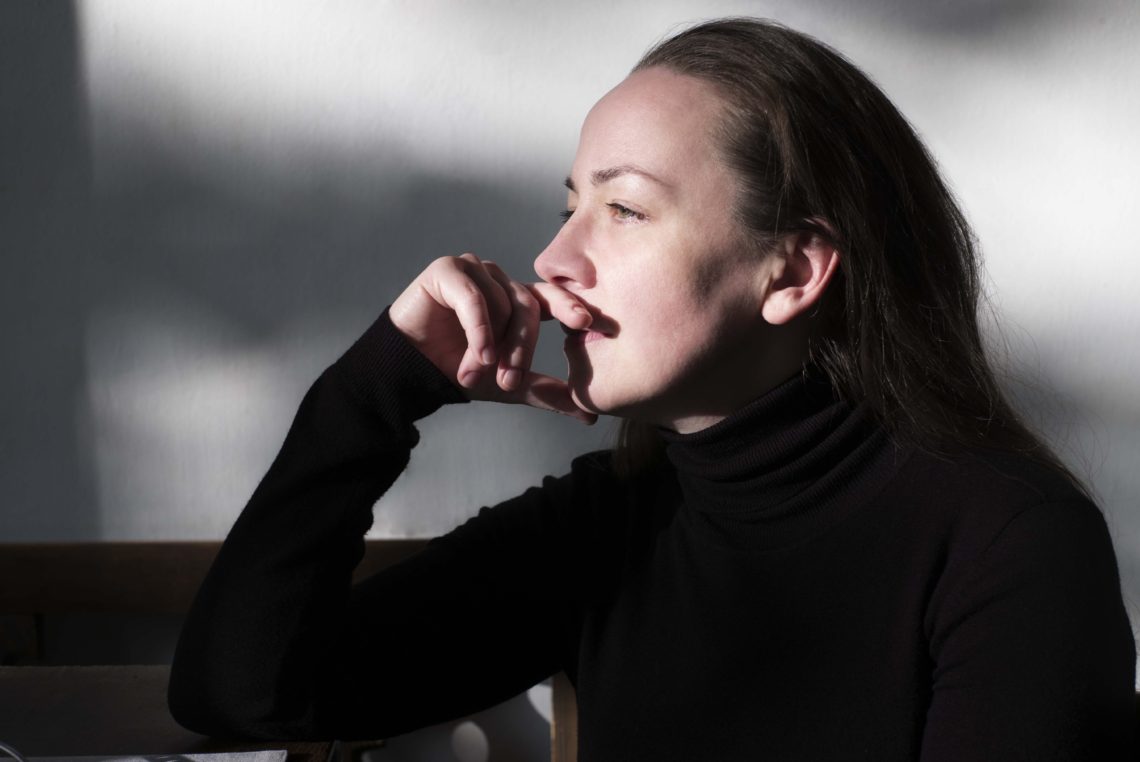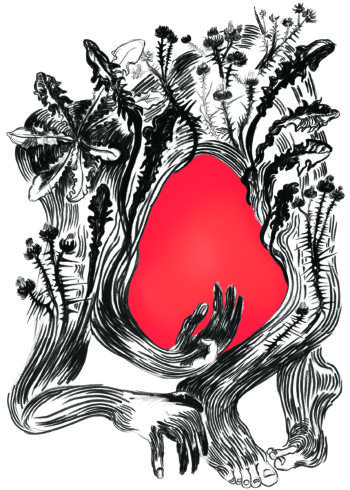Translation
-
Five poems from “Nomad” by João Luís Barreto Guimarães (translated from the Portuguese by António Ladeira and Calvin Olsen) Artwork by Anthony Ulinski
In the photographs of others
I am present in the past of lives I
have no knowledge of (men who saunter to the north
women who are headed south) in
photos
that tied me to several foreign cities
where my face remained retained
by mere chance. A photo is memory
(like a map
is voyage)
in them I’m anonymous at the corner of
a scene
just because I crossed that square
at that time. -
Four “Corn Songs” by Kinga Tóth (translated from the Hungarian by Timea Balogh) Drawings by Kinga Tóth
Corn Songs
song five
they pierce the ground with spoon straws
that’s how the roots will breathe
that’s how they’ll pull them out when they’re ripe
the others arrive behind the diggers
they write with felt pens
take away the dialect and unsettle everyone
they piss with their legs apart
and that’s when they forget what
they talked about at harvest time
they take the tongues out of their mouths
with which they were understood
and take pictures till they are distracted from the conversation
only the spoon-holding hands remain
squatting they examine the air-bagged roots
this will serve as amnesty and the writers
will be the only ones permitted to speak -
“A Girl Who Eats Sparrows” excerpt from a novella by Zhu Yiye (translated from the Chinese by Liuyu Ivy Chen) Photography by Yi Xin Tong
A Girl Who Eats Sparrows
Introduction by Liuyu Ivy Chen
In these first two chapters, a group of men are drinking, eating fried soybean worms, and recalling their youthful days during the Vietnam War with disturbing detail. While their wives are excluded from the room, their small children play around the table and quickly pick up the battleground language—they begin a killing game to mimic the war glory, craving the thrill. The adults offer no explanation or guidance to help the children understand the brutality of the war—they don’t seem to understand it either,
-
Four Poems by Andrea Jurjević Artwork by Kirstin Mitchell
She Floated Away
After Hüsker DüA mob of slam dancers hurls and shoves in the mosh pit of the park fountain—all this furor, thrust-riot, all this outage, the ridding
of the white corset. Under the cankered poplar a man rests his stiff leg across his lover’s knees, leans into her narrow shoulder and scratches a rough scratch in the V of her thighs—
the axis of her body, black as the tail of a swallow, forked as a dowsing rod.
Yet her gaze is fixed on the fountain,
-
Global Voices Interviews *Poland* Bronka Nowicka and Katarzyna Szuster in conversation with LIT’s JP Apruzzese
The Polish version of this interview appeared in Biuro Literackie on 23 March 2020
Every so often a writer comes along who shows us what literature can and perhaps is meant to do — offering not so much a different perspective as a different way of seeing. A writer whose work inhabits a space undetermined by convention, trends, topics of current interest, unafraid to put aside the noise of daily life and explore the unnoticed – unseen because ignored – life that is nevertheless fully within our grasp.
-
“Regnum” A short story by Bronka Nowicka (translated from the Polish by Katarzyna Szuster) Artwork by Lula Bajek
Regnum
Mad Mary, Ursula, insane Nina, haunted Agnes, guide me. Let me stick my hands in the pockets of your housecoats, where the keys are nestled in the bundles of your handkerchiefs. Let me steal them and set the door to the kingdom ajar.
At night Nina kneads bread and weeps into it. In the kitchen, the milk gives off light until she pours it into dun flour and then it goes out. The woman kneads the dough in the dark. The table squeaks,
